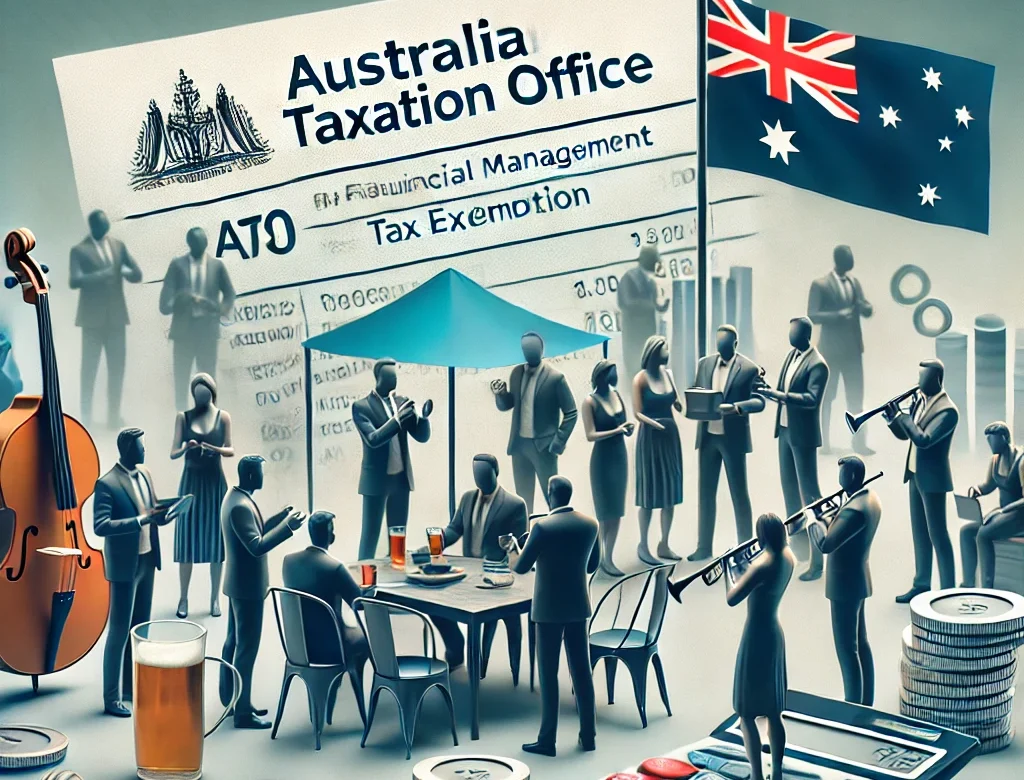We received several questions from attends about whether an SMSF that is 100% in person phase is still required to lodge a Trust Income Schedule with its 2024 SMSF Annual Return.
We sought clarification on this issue from the ATO. Specifically, if an SMSF only has exempt current pension income (‘ECPI’) for the 2024 income year (i.e. the fund is 100% in pension phase), does it need to lodge a Trust Income Schedule with respect to trust distributions that it received during the year from a managed investment trust?
Based on the Trust Income Schedule instructions (QC 101716) and the SMSF Return instructions 2024 (QC 101714), as the fund only has ECPI, it is not required to complete Section B of the SMSF return and, therefore, nothing is reported at item 11 (income). This should also mean that there is no requirement for the fund to complete a Trust Income Schedule.
However, the ATO’s response (set out below) confirms that the Schedule is still required in these circumstances:
“When an SMSF is 100% in pension phase, all trust income is exempt under the ECPI rules and Section B Income of the SMSF Annual Return is not required to be completed. However, the ATO’s position is that SMSFs that are 100% in pension phase are still required to submit a Trust Income Schedule (‘TIS’) with their SMSF tax return from2024 onwards.
Currently, the ATO website instructions require that a TIS be completed by Individuals, Trusts, Partnerships, Companies, SMSFs and Small APRA Funds from the 2024 income tax year onwards, who receive Trust distribution income.
Based on feedback received, specifically regarding funds in pension phase, it is acknowledged that the TIS instructions may require a review and update to appropriately address this specific reporting requirement. We are currently in the process of undertaking this review and will make relevant updates as required.”
________________________________________________________________________________________________________________
ATO confirms that the NTAA’s approach to allocation of professional profits is correct!
Andrew Gardiner, Spokesperson for the NTAA, has recently been liaising with the ATO, regarding a view taken by the NTAA on the ATO’s risk assessment framework contained in PCG 2021/4: Allocation of professional firm profits – ATO compliance approach (which deals with professional income from a business structure).
Andrew reached out to the ATO after being contacted by a member of the NTAA who indicated that the approach adopted by us in our Practice Risk Assessment Software (‘PRAS’) was incorrect, and that our software was providing inaccurate guidance.
In simple terms, we took the view that, when applying the risk assessment framework contained in PCG 2021/4, any income retained within the practice entity was included for the purposes of the analysis.
Our view was predicated on the approach that income was ‘applied’ for a partner where they had an entitlement to the amount, notwithstanding that the amount remained within the practice entity.
In contrast, we were made aware that another software provider and professional association took the position that any income that was retained within a practice entity was completely excluded from the audit benchmarks.
Under this approach, professional income was only included when it was paid or applied to the particular partner (or their entity) beyond the operating entity of the professional firm. Unfortunately, when challenged, the position taken by the software provider and professional association was aggressively confirmed to our member, leaving the member questioning our approach.
As a result, we reached out to the ATO to seek clarification in relation to whether our approach on this important issue was correct.
A senior staff member within the ATO confirmed that our approach was the correct technical position. This staff member then indicated that the ATO guidance on this issue would be amended to confirm that the NTAA approach was correct.
To that end, the ATO subsequently updated its document titled “Assessing the risk: allocation of profits within professional firms” (QC 42218). In the update, the ATO have included an example titled “Retained profits”, which conclusively confirms that any profits retained within a professional practice entity are included when applying the risk assessment framework outlined in PCG 2021/4.
We can therefore confirm that the analysis undertaken by our software (PRAS) is consistent with the latest guidance that has been provided by the ATO and our members can rely upon it.
________________________________________________________________________________________________________________
IGTO’s report on the ATO’s management of objections
The newly appointed Inspector-General of Taxation and Taxation Ombudsman (‘IGTO’), Ruth Owen, has recommended changes to make it faster and simpler for all taxpayers to lodge an objection with the ATO. Ms. Owen has released the final report of her review into the ATO’s administration and management of objections.
The Inspector-General’s report highlights four areas of improvement:
- increasing accessibility by extending online lodgment to all taxpayers;
- streamlining processes to reduce time and resources devoted to high volume, low risk objections;
- increasing taxpayer engagement to speed up the time taken to complete an objection;
- and learning lessons from objections to prevent the number of objections needing to be made.
The IGTO has also released her first forward workplan of systemic reviews, following extensive community consultation, including stakeholders across the tax profession, public service, academia and community organizations. The workplan identifies three priority areas for review, namely:
- how the tax system is used as a weapon in financial coercion or abuse;
- the service provided to tax agents through the ATO’s dedicated agent helpline;
- and how the ATO can improve their letters to taxpayers, to make them more easily understood.
The ATO has agreed “in full, in part or in principle with all recommendations made by the IGTO”.
Ref: IGTO website, Media Release, 31 October 2024










